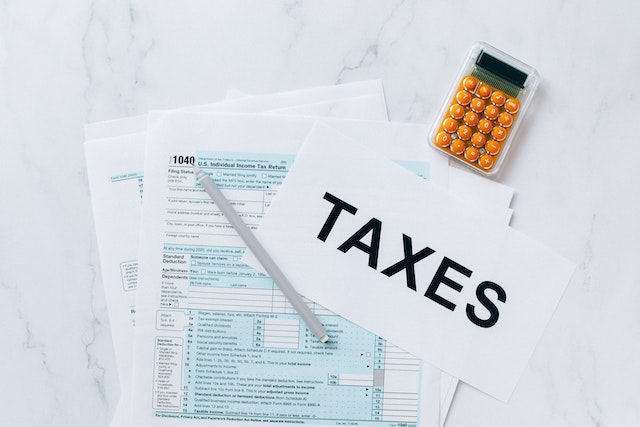The Internal Revenue Service (IRS) is setting its sights on 1,600 U.S. millionaires who owe hundreds of millions of dollars in taxes. This landmark initiative, backed by federal funding from the Inflation Reduction Act, is poised to reshape the landscape of tax enforcement in the United States.
IRS crackdown
Under this ambitious effort, the IRS is honing in on high-income earners with outstanding tax debts exceeding $250,000 each, as well as substantial business partnerships, boasting an average of $10 billion in assets. These entities include hedge funds, real estate investment partnerships, major law firms, and other industries. Additionally, the agency is cracking down on promoters who exploit the nation’s tax laws.
IRS Commissioner Danny Werfel underscored the critical importance of this endeavor in an official statement: “The nation relies on the IRS to collect funding for every critical government mission — from keeping our skies safe, our food safe, and our homeland safe. It’s critical that the agency addresses fundamental gaps in tax compliance that have grown during the last decade. We will increase our compliance efforts on those posing the greatest risk to our nation’s tax system, whether it’s the wealthy looking to dodge paying their fair share or promoters aggressively peddling abusive schemes. These steps are critical for the future of the nation’s tax system.”
The comprehensive “compliance push” is set to commence in October, following a successful crackdown earlier this year that saw the IRS collect $38 million in delinquent taxes from more than 175 high-income taxpayers in just a matter of months. Werfel emphasized that the agency is scaling up these efforts to target a broader range of tax evaders.
Controversial crackdown
However, the initiative is not without controversy, as politicians continue to debate how to fund this monumental task. House Republicans have expressed reservations about the substantial cash injection into the IRS, particularly in the wake of this year’s U.S. debt ceiling drama.
While the IRS was originally slated to receive approximately $80 billion over ten years through the Inflation Reduction Act, with $45.6 billion earmarked for bolstering enforcement, President Biden has already rescinded over $20 billion of IRS funding to secure bipartisan consensus on suspending the country’s debt limit until January 2025.
This historic crackdown signals a major stride toward a fairer tax system in the United States.
Read More News
Reasons why people can’t admit they are wrong
The photo above is from Pexels

